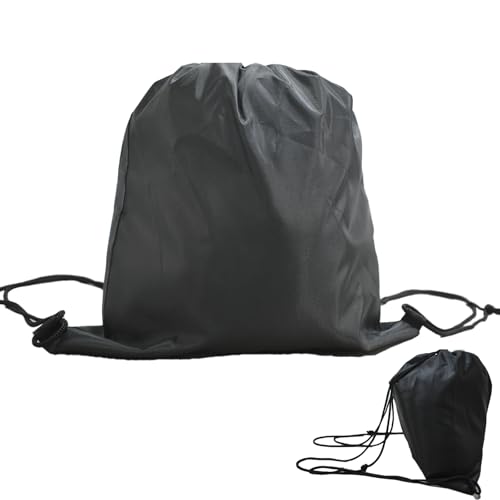I test-drove one of the Zeros a few years ago. The one I drove was torquey, light, maneuverable, quiet. No shifting or clutching. It needed a chassis upgrade, but I believe they've done that.
If they were a lot cheaper to buy, this type of bike would be a good commuter. And i'm not disparaging this use. Get the price down and this very legitimate use profile could make it worthwhile. And the drive line is far simpler maintenance-wise.
But unless they find a way to stuff like 1,000 miles of range into them, they won't be good as travelers. Here's why:
It doesn't matter what the characteristics of the vehicle are, recharging while traveling is going to be a real downer. It's an infrastructure issue. Because even if they come up with a way to recharge a battery pack of some kind in minute or two, each recharging point (the equivalent of a single gas pump) would have to be able to deliver something like a Megawatt or more. So the analog of a busy gas station today (which will often have 4-6 vehicles simultaneously "recharging") would have to have upwards of a 6 MW service. For comparison, if your home today has 200 amp service (which is typical) at 240 volts, that's less that 5% of 1 Megawatt. So home charging overnight or a couple of hours is fine. But on the go? A typical fueling facility (i.e. "gas station"), at 240 volts would need around a 5,000 amp service. And the feed into the vehicle would have to be able to supply about 700 amps. Any idea how large a conductor that would need? Not likely in my lifetime.

































































